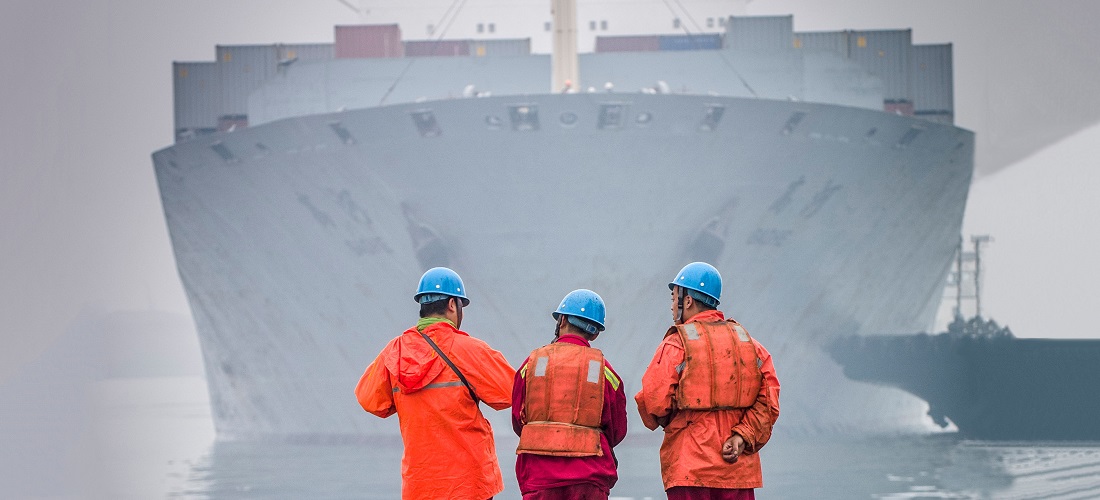
Shipping professionals appeal to UN to keep maritime transport functioning
Mar, 25, 2020 Posted by Sylvia SchandertWeek 202014
The International Chamber of Navigation and the International Transport Workers Federation have sent an open letter to the United Nations, emphasising the importance of maritime transport for international trade in the face of the pandemic caused by the coronavirus. In the letter, the agencies state that as the COVID-19 pandemic develops, it is vital that all governments keep maritime trade on the move, continuing to allow ships to access ports around the world and facilitating the rapid movement and change of ship crews.
According to the letter, about 80% of the world’s commercial tonnage of goods is handled by maritime transport, with around two million seafarers operating these vessels. Food, energy, raw materials and manufactured products are transported by sea, including vital medical supplies. According to the letter, at this time of global crisis it is more important than ever to keep supply chains open and to move trade and shipping. In particular, this means keeping the world’s ports open to receive commercial ships and facilitate crew movement with as few obstacles as possible.
“In view of their vital role during the global pandemic, we suggest that professional seafarers, regardless of nationality, be treated like any other international ‘key worker’, such as aircraft crews and medical personnel. As such, they must receive special consideration and, despite the need to comply with emergency health protocols, they must be treated with pragmatism and understanding when it comes to traveling to and from their ships ”, states an excerpt from the letter.
-
Meat
Dec, 07, 2022
0
Argentina settles final biosecurity details on beef export deal to Mexico
-
Nov, 29, 2021
0
Completion of the Abreu e Lima Refinery works establishes Suape as the fuel-moving port
-
Shipping
Oct, 31, 2020
0
CMA CGM inaugurates new container vessel with a 23,000 TEU capacity
-
Meat
Jun, 24, 2024
0
New animal welfare regulations in Europe set to affect Brazil poultry industry


